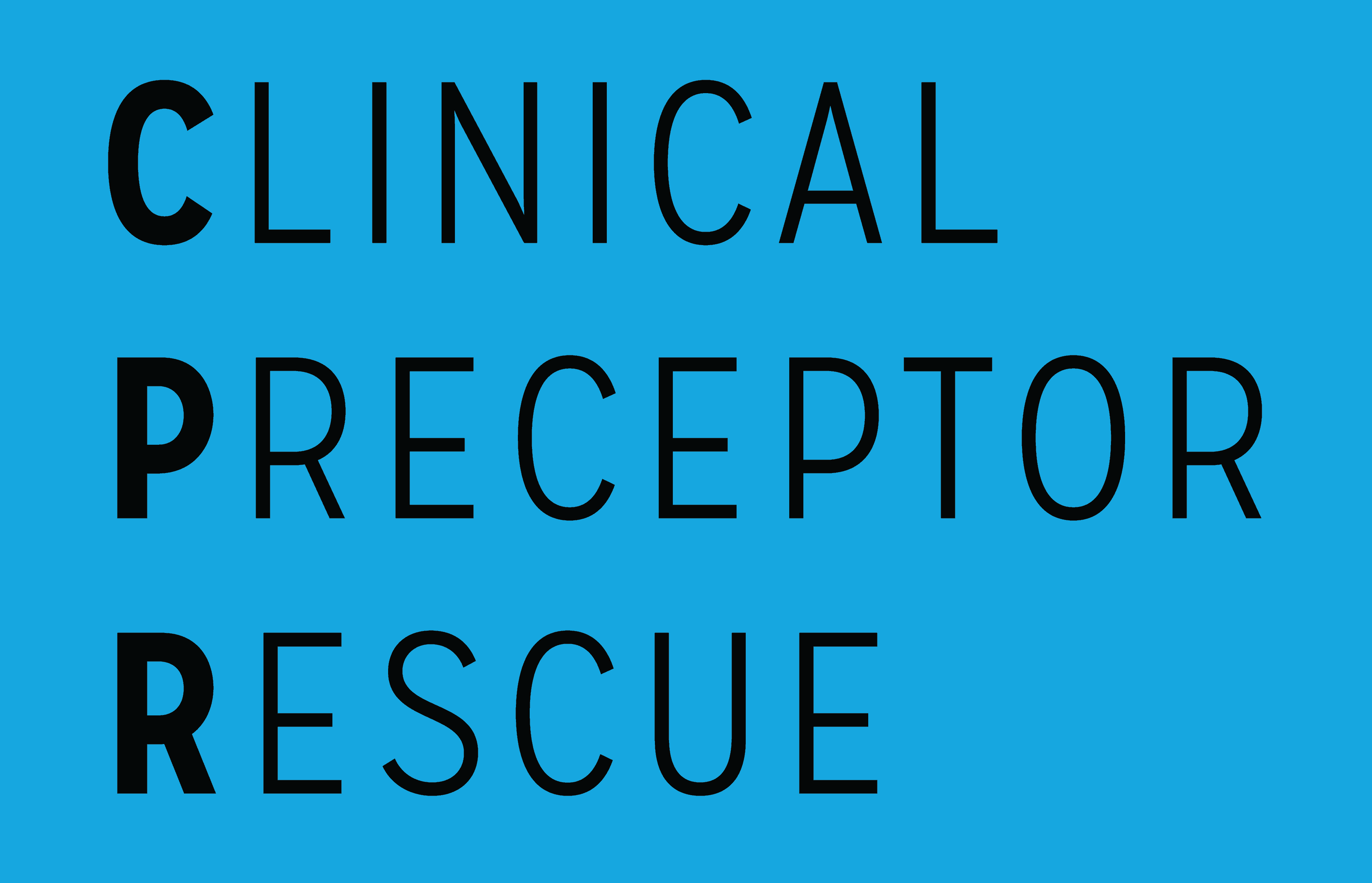Tips for Writing a Great CV
At a glimpse
At Clinical Preceptor Rescue, we place students for their clinical rotations. We ask students to send us a copy of their CV/resume both for our review and to send to the preceptors when considering taking a student. The CV is the first impression, so making it great is so important. Before you start your search for a preceptor or a new employer, take a little time to ensure you are making the best first impression! Here are some quick tips.

Review Other CVs
There is no set standard out there, but when you look at other CVs you will know what looks good and what does not. There are many on the web, but also friends, colleagues and mentors will often give you a copy of their CV to review. Take some time to find CVs of people in your field and if you can find some in your specialty (women’s health, family practice, pediatrics, etc. check those out so you can tailor yours to fit the rotation or position you are seeking. Having a CV for the rotation you want goes a long way with a preceptor. Highlight the experience you have in that area that will set up apart from other candidates. Ask mentors to review your CV and to give you suggestions for improvement. Having different CVs tailored for different specialty areas is very helpful. If you want a rotation or position in pediatrics, don’t fill your CV with your adult/geriatrics experience. Highlight the clinical skills over the patient population in those cases.
Be Clear and Brief
No one has time to read a ton of extra language. Keep your content as specific as you can, but be concise. Do not add flowery terms to your CV.
Show (Don’t Tell) Relevant Experience
“Gapping” is a writing term where you leave verbs out for brevity. Example, “I mentored RN students for clinical rotations for two years during which time I met with students weekly, answered their questions and provided advice on materials to study.” The same could be written… “RN Preceptor 2017-2019. Met weekly with students. Answered questions. Advised on study.” By removing unnecessary words, you present relevant experience quickly.
Names Are OK
Including the names of important contacts is more appropriate for CVs than for resumes especially if the person relates to your desired specialty. Identify those who can comment on your clinical experience and ask them to be a reference for you. Nothing is better than having a great reference of your clinical skill and personality, so include a list of your references with your CV. Make sure you ask your references before you include them on your list.
Organize Well
CVs for people in the medical community generally include:
● Full legal name—make sure you update if you have changed marital status.
● Current home and/or office address.
● Phone number and email address that you regularly check.
● Education (including the names of your institutions, degrees received and dates listed in
descending order).
● All relevant clinical and practice experience.
● Professional or teaching appointments.
● Any research you’ve published or presented.
● Professional society memberships and affiliations.
● Personal and professional references.
Your CV does not need to be long, but needs to include as much relevant experience as possible for the type of rotation/position you are seeking. The competition is tough out there and the CV often makes the difference between you and another candidate, so do not underestimate the power of a great CV.
